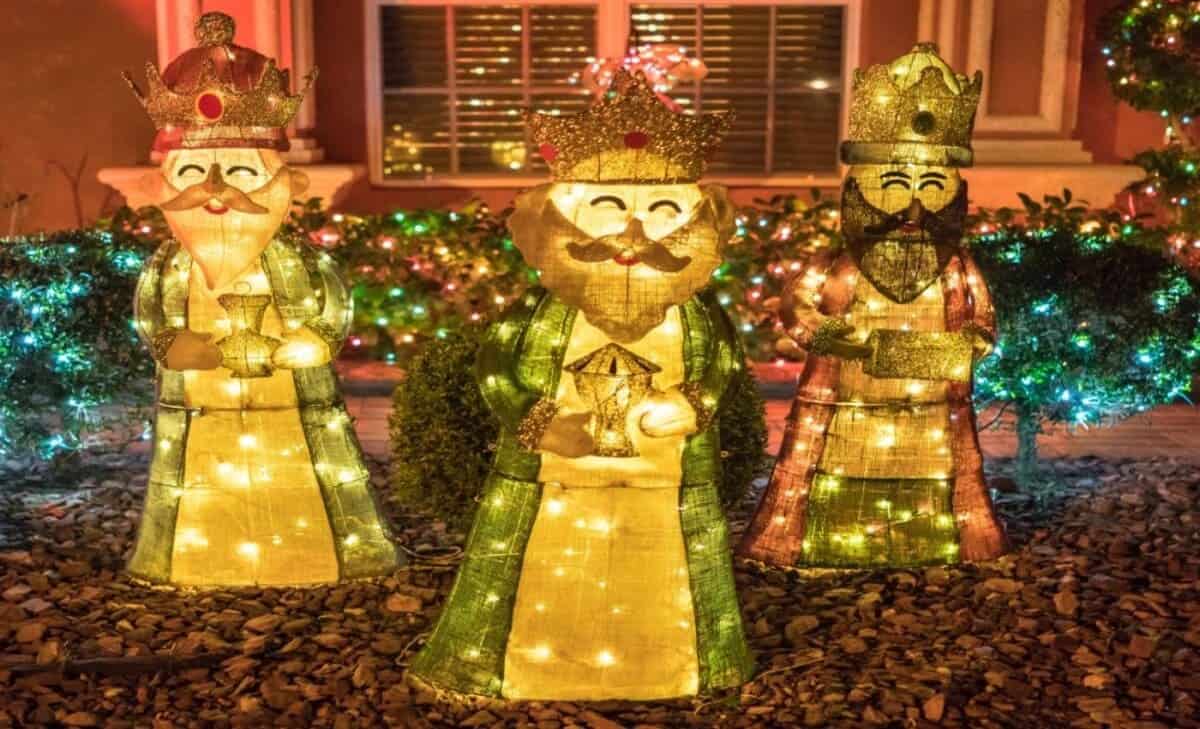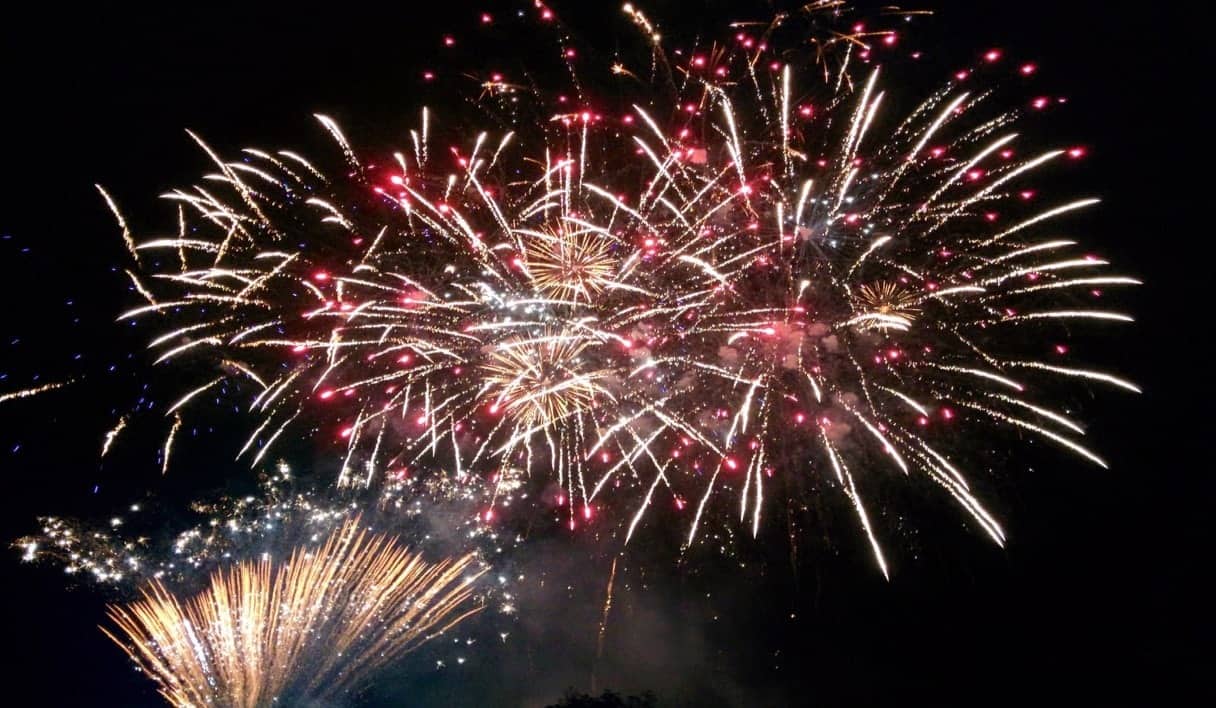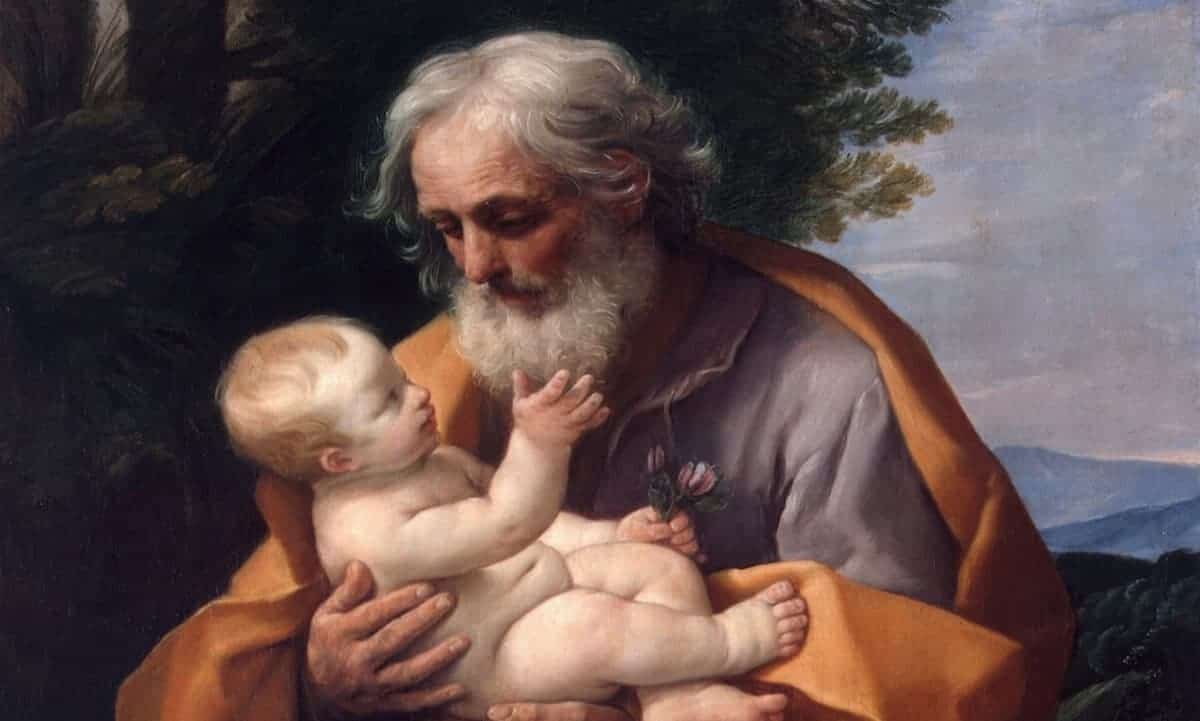The Day of the Magi Kings, also known as the Three Wise Men, is held annually on the first Monday following January 6th. This celebration dates back to a Christian tradition in which the arrival of the kings to Bethlehem guided by a star to meet the baby Jesus is remembered.
Origin and meaning
The original meaning of the celebration is the revelation of God incarnated in the body of Jesus. According to the stories of the Bible, the first revelation was given before the Magi.
This day is also known as "Epiphany," or "Epiphany of the Lord." Epiphanies are revelations or manifestations of important events. In the Catholic world, they correspond to interpretations of great teachers as pre-signs of the accomplishment of an important event, as is the case of the Magi Kings in their visit to Jesus."
The Three Magi Kings - Who Were They?
It is said that the Magi Kings were wise, wealthy, as well as learned scholars in the field of astrology. They were also a kind of monks with a high spiritual level and knowledge of the world. Their names were:
- Melchor: the European king and the bearer of gold
- Gaspar: the Asian king and the bearer of incense
- Baltasar (also spelled Balthazar): the king of African descent and the bearer of myrrh.
The regions of origin of the Magi Kings are not precise and have varied considerably. For example, in some narratives, it is said that Melchor came from Persia, Gaspar from India, and Baltasar was from Arabia. In the face of many similar versions, many historians decided to indicate only that they came from the East. Nevertheless, over the years, another version has gained strength in which it is indicated that each one came from a different continent: Europe, Asia, and Africa. Doctor of History, José Javier Azanza López, explains how the origin and representation of the Magi Kings have changed over time.
Similarly, the number of kings has also been debatable, as there are other versions in which it is mentioned that they were actually 2, 4, 12, and even up to 60 Magi Kings.
The Gifts
During their journey, the Magi Kings brought 3 gifts that they offered to Jesus during their encounter: gold, myrrh, and incense. These were costly presents that only wealthy people could acquire.
There are different theories about the meaning of the gifts. The most popular one says that gold represents the divinity, majesty, and grandeur of Jesus; myrrh represents the fragility of the being, that is, Jesus turned into a mortal to give his life for humanity; and incense represents the sacrifice of the savior.
Another theory indicates that the gifts represent majesty, sacredness, and the perpetuation of death.
There is even a theory with a more natural explanation, initiated by Bede the Venerable (8th century), who indicated that gold was to alleviate the poverty of Mary, incense to eliminate the odors of the stable, and myrrh to combat the parasites of Jesus and improve his health.
History of the Magi Kings
According to data from the Catholic Church, the kings were powerful men from the regions of the East. They were people of great spiritual value and knowledgeable in science and the stars.
Their history first appeared in sacred scripture thanks to the evangelist Matthew, who mentions them in this way: "Now after Jesus was born in Bethlehem of Judea in the days of Herod the king, behold, wise men from the East came to Jerusalem, saying, 'Where is he who has been born king of the Jews?"
Later, the Magi Kings indicated that Christ would be born in Bethlehem and that's why they were there. The visit of the kings caught the attention of Herod, who was not happy with the birth of a Messiah.
The Magi Kings continued their journey and guided by a star, they found Jesus in the company of Mary and Joseph. Thus, they paid homage to the newborn and offered him gold, incense, and myrrh.
After the encounter, the Magi Kings returned to the East, but they took another path to avoid Herod. King Herod, furious, ordered the murder of all the children of Bethlehem, but by that time Jesus and his family had already left for Egypt.
Celebration and events in Colombia
In Colombia, this date is considered symbolically as the end of the Christmas season. The Epiphany, or Day of the Magi Kings, is the second holiday of the year, after New Year's Day.
As it is always celebrated on a Monday, families take advantage of the holiday weekend to take down their Christmas decorations and put away the nativity scene. For some people, it signifies the end of vacation and a return to their cities to resume their usual activities and work. For others, the celebrations continue, such as with attendees of the Black and White Carnival or the Carnival of Riosucio, which are always held during the weekend of the Magi Kings.
Although the celebration of this day as a commemoration of the Epiphany is not as important as in other countries, there are a large number of traditional events in different parts of Colombia.
Fiesta of the Magi Kings in Barrio Egipto. In the Barrio Egipto neighborhood of Bogota, a celebration has been taking place for over 100 years. Thousands of people gather to participate in various activities, including concerts, theater, contests, and traditional games for both children and adults, as well as a wide variety of traditional food from the Cundiboyacense region.
Loa of the Holy Magi Kings in Baranoa. This tradition has been taking place in the municipality of Baranoa, Atlantic, since the late 19th century. The Loa is a scenic tradition that takes place every year to revive the story of the Magi Kings. The main activity consists of a play that involves hundreds of actors. The Baranoa Museum has a special section with information about this event.
In Quipile, Nimaima, Quebradanegra, and Anolaima, municipalities of Cundinamarca, festivals are also held to commemorate the Epiphany.
Additionally, several cities and towns hold celebration parades, with the one in the historic center of Popayán being particularly notable.
In most churches across the country, the celebration of mass on the Sunday before the holiday is usually extended to remember the history and interpretations of the Epiphany. It is also common for additional eucharistic celebrations to be held in the morning of Monday.
In major cities, this holiday is also celebrated, however, the resources allocated for this day are lower compared to other holidays such as Christmas and July 20th.
Celebration and Traditions around the World
The Day of the Magi Kings is considered a national holiday in several countries around the world, including Spain, Uruguay, Italy, Greece, Poland, among others.
Even if it is not a national holiday, many other countries also join in the traditions of January 6th. For example, Peru, Cuba, Mexico, Puerto Rico, Paraguay, and the Dominican Republic.
However, the country that gives the most meaning and relevance to the date due to its multiple celebrations is Spain.
In Spain, children are the most excited about the holiday. They write beautiful letters to the Magi Kings and leave sweets and drinks for them, as it was once said that people should thank them for their arrival by leaving food and drink for them and their camels. Children go to bed early on the night of January 5th and wake up the next day to look for the gifts left by the Magi Kings.
Typical food for this day includes Roscón de Reyes, a traditional ring-shaped pastry that can be accompanied with hot chocolate and is also common in Mexico.
Prior to the arrival of the Magi Kings, January 5th is usually when parades of floats and horseback rides take place. The horseback rides are very popular and sometimes even televised. This type of parade is also carried out in other European countries such as Portugal, Poland, and the Czech Republic. In Latin America, horseback rides are also held in some cities in Mexico and Peru.


